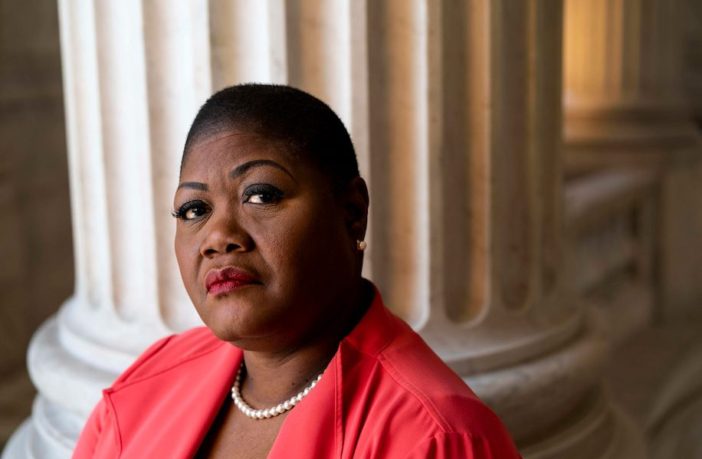Melanie Campbell is the president and CEO of the National Coalition on Black Civic Participation and the convener for the Black Women’s Roundtable.
With 25 years of service, she has served as an advisor to U.S. presidents, congressional members, corporate, labor, and non-profit executives, philanthropists, faith leaders, and others on critical issues impacting Black America, such as Black Women’s Pay Day.
Campbell shared the underlying issue when it comes to equity in Black wealth.
Why was Black Women’s Equal Pay Day recognized on July 27?
We have much more work to do for there to be equity when it comes to Black wealth. We know the role Black women play and [that]the majority are the heads of the household. In many cases, Black women, because of the pay gap—which is 67 cents to a dollar, what a White man makes for the same amount of work—it takes for us to get there; that means that in your lifetime, it could be millions of dollars [that]we don’t gain for the same amount of work. What we’re pushing for is to get federal legislation to pass the Paycheck Fairness Act, so that we can close that wealth gap. At the end of the day, that’s what we’re talking about, so that we get equal pay for equal work; that’s all we are asking for. For that to happen, across the board, we need federal legislation for that to happen. We use Black Women’s Equal Pay Day to lift up the issue and remind folks to use it as an opportunity to lift the voices of Black women[;] we also support the other days in the year when we talk about Latina women or women overall who don’t make the average of what the White man makes for the same amount of work. We keep pushing that we build coalitions across races as well to lift up the issue throughout the year and push it in Congress. It’s possible even on the state level, but at the end of the day, you won’t make it happen without a systemic shift in being able to say that women have equal rights and equitable rights when it comes to race and how it impacts us. We have the numbers[;] we just have to build the collective power to demand that we get it done.
What policies are the Black Women’s Roundtable asking for when it comes to this issue?
We’re talking about the Paycheck Fairness Act[;] we also talked about [the]ProAct, which is about the right to organize and join unions. We also talked about paid family and medical leave, because that’s another thing that impacts us. [We’re] also talking about access to childcare for women, and various things like that. Collectively, [this]impacts the ability for us to have economic security, as well as the ability to grow wealth for our families and future generations in our families.



